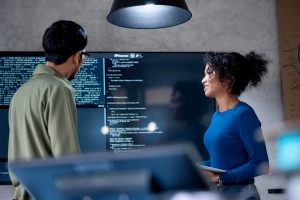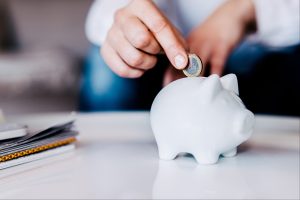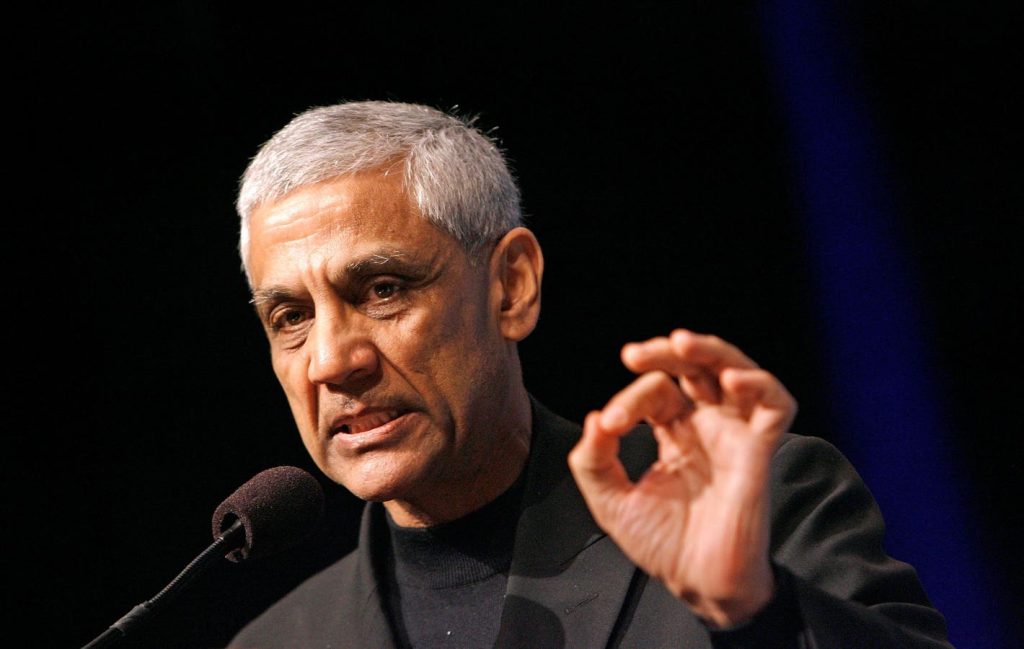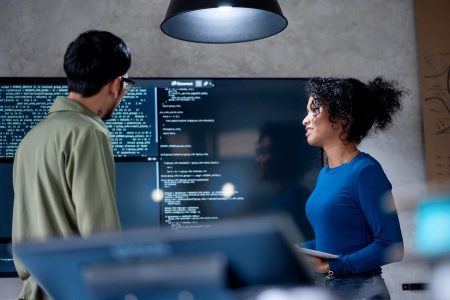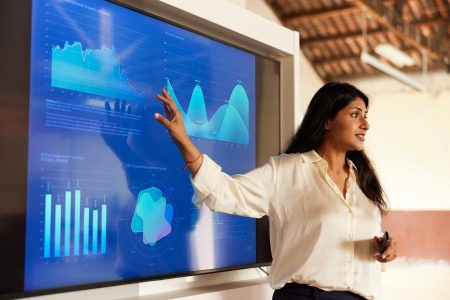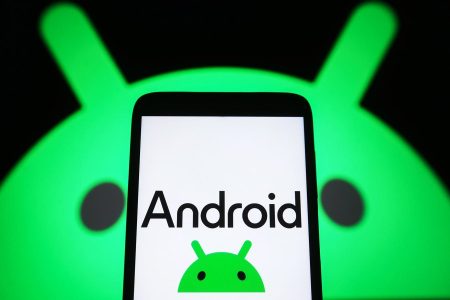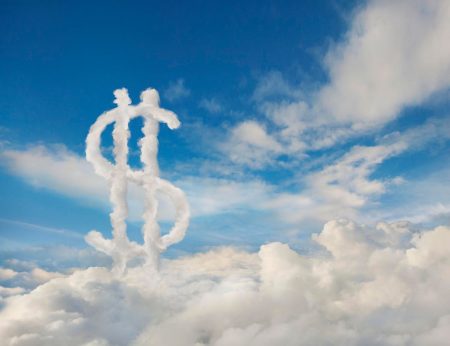Billionaire Vinod Khosla says it is imperative for the United States to win an artificial intelligence arms race with China in order to preserve liberal values. A self-described techno-optimistic, Khosla described the battle he sees between the two countries in comments to Forbes’ Iconoclast Summit on Thursday.
“We are clearly in a techno-economic war with China, and whoever wins that will have huge economic influence, influence on policy and politics,” said the founder of Khosla Ventures. “I, for one, don’t want the Chinese ideology to win. President Xi clearly thinks they have a superior ideology. I happen to value liberal values more.”
He added that the United States’ advantage is its creative and entrepreneurial DNA, but that the nation can’t become complacent. “We should do everything to increase our pace of innovation and slow down the Chinese,” Khosla added.
Khosla, whose wealth is estimated at $7.5 billion by Forbes, pulled few punches in his presentation to the 1,000 people registered for the third annual Iconoclast Summit, about 500 of whom attended in-person on Wall Street. Addressing the 2024 U.S. election, Khosla criticized former President Donald Trump, earning light applause from sections of the audience.
“Would you want your children to have the values Trump has? Accused of rape, accused of lying, cheating?” Khosla said. “We should be a values-driven society, and he has basically ruined that.”
Kholsa, a co-founder of Sun Microsystems and former tech specialist at venture-capital firm Kleiner Perkins, has seen success by pursuing long-term strategies Prescient early investments included stakes in tech giants Google and Microsoft. In the artificial intelligence (AI) realm, he has a stake in ChatGPT’s creator, OpenAI.
Over the coming 15 years, Khosla predicts AI will bring cheap, accessible specialty services to people everywhere. He sees a world where healthcare and tutoring services are available in just a few taps through mobile phones. “You can have three doctors for everybody on the planet because the doctor would be an AI doctor,” he says.
Kholsa sees these developments leading to an explosion in productivity and economic growth in the United States. He expects this will boost corporate profit margins and allow revenue to expand faster than employee numbers; that will also mean that the way we measure success today will no longer hold.
“It’s already starting to be true because my iPhone has more power than a trained computer, but GDP in computing has actually not gone up with the amount of computing,” Khosla said. “We will need new metrics for productivity across the board.”
While there is great opportunity in artificial intelligence, it also brings risks and the need to hedge those risks with sensible regulation, Khosla adds.
“Any powerful technology be it nuclear, biotechnology or AI has benefits, costs and risks,” Khosla said. “We have to balance as a society the risks and benefits. There are extremists pressing for no development and there are people who want a Wild West. I don’t think either is a good answer. A balanced approach to risk is what matters.”
Read the full article here

